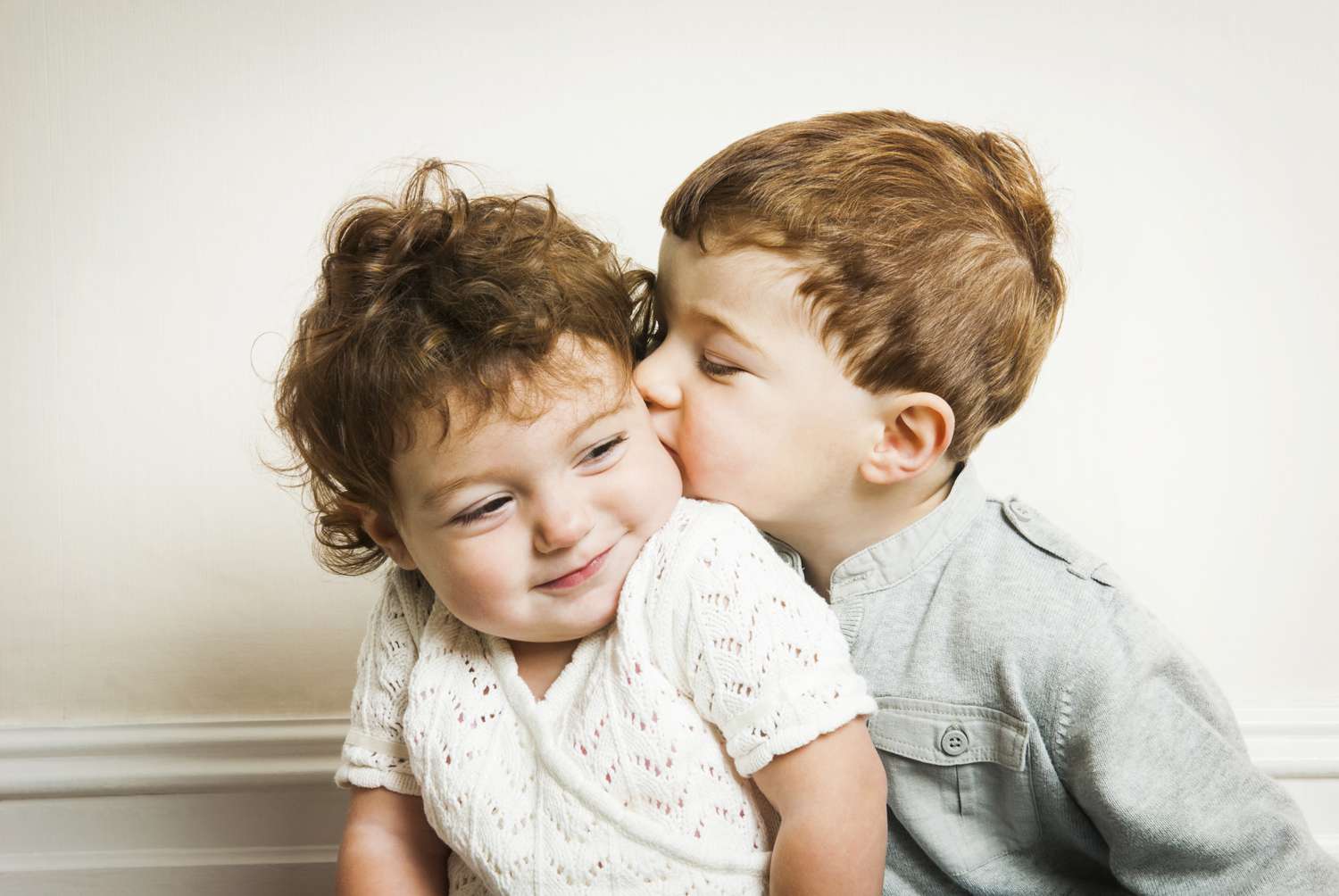A new study conducted by sociologists from The Ohio State University has unveiled an unexpected connection between the number of siblings a teenager has and their mental health. Contrary to some previous studies, this research indicates that teenagers from larger families, both in the United States and China, tend to experience poorer mental health compared to those with fewer siblings. The study, involving over 9,400 Chinese and 9,100 American 8th-graders, explores the intricate relationship between sibling count, mental well-being, and the potential impact of factors like parental resources and socio-economic status.

Cross-Cultural Study: China and the United States
The study delves into the mental health of teenagers in two culturally distinct countries: the United States and China. Analyzing data from over 18,000 8th-graders, the research brings to light surprising findings about the impact of sibling count on mental well-being. The average Chinese youth, influenced by the One Child Policy, has approximately 0.7 fewer siblings than their American counterparts.
The study introduces the “resource dilution” theory, suggesting that as families expand, parental resources, attention, and support are divided among siblings. This resource allocation, likened to a pie, impacts the mental health of each child, with those from larger families experiencing a dilution of resources. The negative impact is particularly noticeable in families with closely spaced siblings, intensifying the competition for parental resources.
The “selectivity explanation” is explored, suggesting that families with many children may differ in ways affecting their children’s mental health. The study identifies socio-economic advantages as a key factor, indicating that children from socioeconomically advantaged families exhibit better mental health. This is prominent in one-child families in China and in children with zero or one sibling in the U.S.
READ ALSO: California Bars and Clubs to Offer Date-Rape Drug Tests Following New Legislation
Sibling Quality and Positive Effects
While the study primarily highlights the negative impact of having more siblings on mental health, it doesn’t account for sibling quality. High-quality sibling relationships might offer positive effects on mental health, emphasizing the need for further research to explore the nuances of sibling dynamics. The findings also acknowledge that other research suggests positive outcomes, such as improved social skills in young children and a decreased likelihood of divorce in adults with more siblings.
As countries like the U.S. experience lower fertility rates, the study underscores the increasing importance of understanding the consequences of growing up with fewer or no siblings. The complexity of these results prompts further investigation into the intricate interplay between sibling count, mental health, and the broader socio-economic context.
READ ALSO: Navigating the Complexities of Assisted Dying: A Moral Conundrum Unfolds




